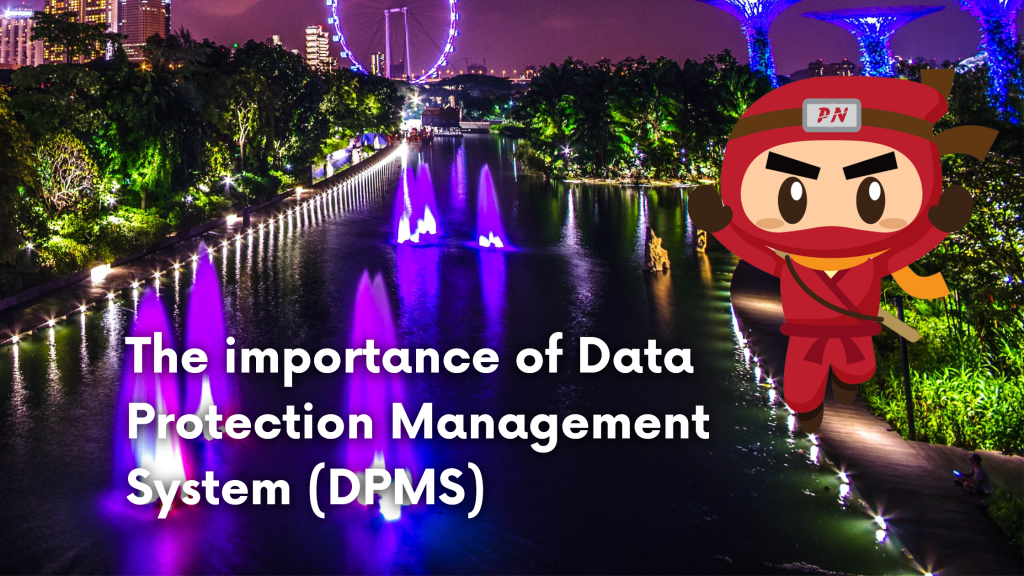
In today’s digital and data‐dependent economy, personal data is a valuable asset for organizations and consumers alike. Organizations in every sector rely on global data flows and connectivity to expand their brands, innovate their products and services, and optimize their processes. Consumers, in turn, view their data as a commodity that should be traded for benefits rather than be given away for free.
Integrating all data protection processes and activities (including reporting mechanisms) into a Data Protection Management System enables the organisation to establish effective governance and continually improve the organisation’s data protection. By creating a DPMS, data protection becomes an integral part of corporate governance.
Also Read: 6 Simple Tips on Cyber Safety at Home
In the context of data protection management system (DPMS), the most important processes are:
Compliance refers to the organisation’s adherence to mandated boundaries (laws and regulations) and voluntary boundaries (internal policies, procedures, and similar standard‐setting documents). Governance, Risk Management and Compliance (GRC) are regarded as the three main pillars that work together to assure that an organisation meets its objectives. While Governance aims to lead the organisation towards goal attainment, Risk Management predicts and manages the risks that can hinder the organisation from achieving its goals, and Compliance facilitates goal attainment by monitoring adherence to the law and the organisation’s own rules. Compliance is demonstrated through audits.
Audits are formal inspections aimed at verifying compliance (compliance audits) or evaluating whether efficiency targets are met (internal audits). While compliance audits are performed to assess the organization’s compliance with laws or quality standards, internal audits aim at improving the effectiveness of the organization’s operations or risk management, control, and governance processes. Audits are performed by internal compliance officers, external auditors, or government officials. The organization’s compliance department usually coordinates audits.
As the importance of personal data grows and data protection laws become stricter, organizations become increasingly aware that outsourcing functions or activities to a third party (a service organization) includes risks. Data protection laws, such as the GDPR, mandate outsourcing organizations (controllers) to assure that their processors process personal data in accordance with the law. Together with ultimate responsibility for the processing, the law also gives data controllers the right to perform audits on their processors’ data protection controls (including Data Protection Impact Assessments, risk mitigation plans, and the use of privacy by design measures.
In the future, under certain conditions mentioned in Article 30 of the GDPR, the controller will be responsible for managing his own data applications in his own directory. In certain cases, data protection impact assessments (Article 35 GDPR) are required to assess the legality of certain data uses.
To fulfill the legal requirements concerning the documentation of data applications law vision has developed a new system to support companies – DPMS report offers a new data privacy management system, that simplifies the creation of the required GDPR-documentation such as the maintenance of a record of processing activities, the creation of a data protection impact assessment and the rights of the data subject.
Also read: https://rucon-group.com/leistungen/datenschutzmanagementsystem-dsms/?lang=en
Importance of Efficient Access Controls that every Organisation in Singapore should take note of. Enhancing…
Prioritizing Security Measures When Launching a Webpage That Every Organisation in Singapore should take note…
Importance of Regularly Changing Passwords for Enhance Online Security that every Organisation in Singapore should…
Comprehensive Approach to Data Protection and Operational Integrity that every Organsiation in Singapore should know…
Here's the importance of Pre-Launch Testing in IT Systems Implementation for Organisations in Singapore. The…
Understanding Liability in IT Vendor Relationships that every Organisation in Singapore should look at. Understanding…
This website uses cookies.